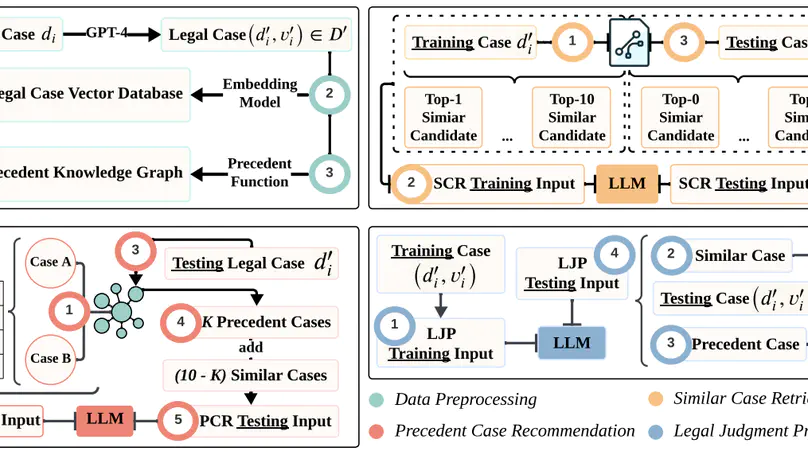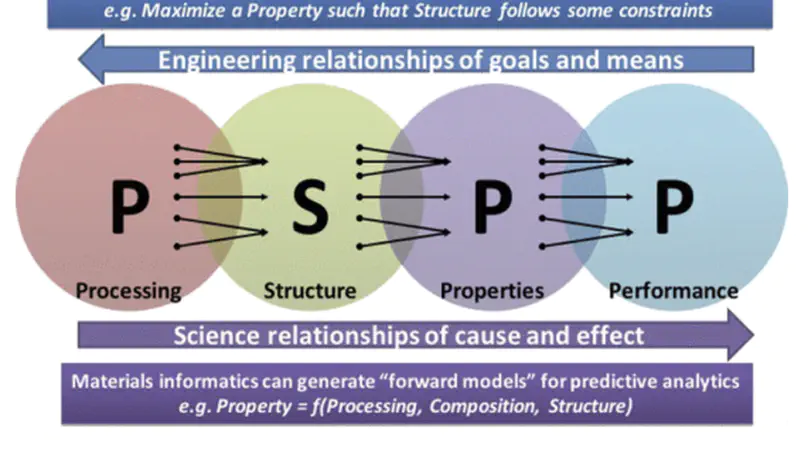Biography
Haoran Zhao is a master student at Northwestern University majoring in Computer Science.
He is incredibly insightful when confronting challenges and works immediately to solve them. He is always open minded to new opportunities and is more than able to address complex situations with strategy and confidence.
Download my resumé.
- Machine Learning
- Deep Learning
- Data Analysis
- LLMs
- AI4Science
-
Master of Science in Computer Science, 2025
Northwestern University
-
Bachelor of Science in Data Science, 2023
Drexel University
-
Bachelor of Engineering in Computer Science, 2021
Lanzhou University
Skills
100%
90%
70%
60%
60%
100%
100%
80%
80%
Experience
Responsibilities include:
- Participated in the NSF Institute for Data Driven Dynamical Design project
- Built efficient pipeline to collect scholarly literature in material science from various publishers
- Participated in team meetings and collaborate on scholarly and scientific output
Responsibilities include:
- Participated in the design, development, and enhancement of the company’s data platform.
- Processed data requests submitted by different departments of the company.
- Participated in developing innovative solutions that gave Vivid Seats Inc. a competitive advantage and technology improvements on the data engineering team.
Recent Posts
Projects
Featured Publications

In the rapidly evolving field of legal analytics, finding relevant cases and accurately predicting judicial outcomes are challenging because of the complexity of legal language, which often includes specialized terminology, complex syntax, and historical context. Moreover, the subtle distinctions between similar and precedent cases require a deep understanding of legal knowledge. Researchers often conflate these concepts, making it difficult to develop specialized techniques to effectively address these nuanced tasks. In this paper, we introduce the Law Large Language Model (LawLLM), a multi-task model specifically designed for the US legal domain to address these challenges. LawLLM excels at Similar Case Retrieval (SCR), Precedent Case Recommendation (PCR), and Legal Judgment Prediction (LJP). By clearly distinguishing between precedent and similar cases, we provide essential clarity, guiding future research in developing specialized strategies for these tasks. We propose customized data preprocessing techniques for each task that transform raw legal data into a trainable format. Furthermore, we also use techniques such as in-context learning (ICL) and advanced information retrieval methods in LawLLM. The evaluation results demonstrate that LawLLM consistently outperforms existing baselines in both zero-shot and few-shot scenarios, offering unparalleled multi-task capabilities and filling critical gaps in the legal domain.

Researchers across nearly every discipline seek to leverage ontologies for knowledge discovery and computational tasks; yet, the number of machine readable materials science ontologies is limited. The work presented in this paper explores the Processing, Structure, Properties and Performance (PSPP) framework for accelerating the development of materials science ontologies. We pursue a case study framed by the creation of an Aerogel ontology and a Battery Cathode ontology and demonstrate the Helping Interdisciplinary Vocabulary Engineer for Materials Science (HIVE4MAT) as a proof of concept showing PSPP relationships. The paper includes background context covering materials science, the PSPP framework, and faceted analysis for ontologies. We report our research objectives, methods, research procedures, and results. The findings indicate that the PSPP framework offers a rubric that may help guide and potentially accelerate ontology development.

Air quality is closely related to people’s daily life. In order to predict air quality with high accuracy, the air pollution monitoring data of Lanzhou City from May 13, 2015 to April 18, 2020 is used as the basis, and the LSTM model based on the deep learning library TensorFlow is used to predict the air quality of Lanzhou City and compared with the RNN model. The experimental results show that the mean square error of the model is 39.579212, which is more accurate than the RNN model but takes a longer time, and provides a new prediction method with the scientific and reasonable theoretical basis for air pollution prevention and control work.
Recent Publications
Contact
- HaoranZhao2024@u.northwestern.edu
- 445 208 8781
- 1720 Central St, Evanston, IL 60201






